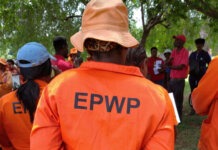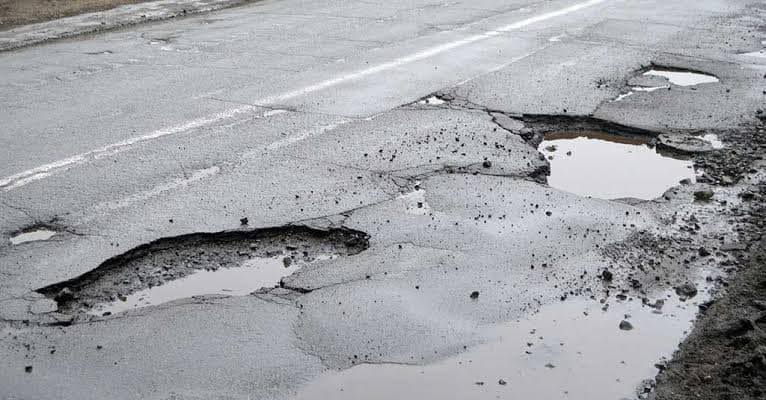
In a landmark event held on Saturday, Bantu Holomisa, the leader of the United Democratic Movement (UDM), addressed a diverse audience comprising party members, supporters, and esteemed guests. The occasion marked the official launch of the UDM’s manifesto ahead of the crucial 2024 elections. With a fervent call for change and a commitment to ethical governance, Holomisa outlined the party’s vision for a transformed South Africa.
Emphasizing the significance of the upcoming elections, Holomisa underscored the need to challenge the decades-long dominance of the African National Congress (ANC) and combat the pervasive corruption that has plagued the nation. He rallied support for the UDM’s agenda, positioning the party as a beacon of hope for a populace disillusioned by the failures of the ruling party.
The UDM, described as a social democratic party with a strong moral compass, stands for inclusiveness, consultation, and accountability. Holomisa reiterated the party’s commitment to fostering wealth creation among citizens and upholding principles of decency and integrity in governance.
Addressing the pressing issues facing South Africa, Holomisa condemned the rampant corruption that has eroded public trust and drained state resources. He called out the ANC for its complicity in graft, citing instances of malfeasance that have gone unpunished. With a pledge to root out corruption and restore public confidence, the UDM proposed a series of measures, including zero-tolerance policies, independent anti-corruption task teams, and depoliticization of key institutions.

Holomisa also addressed the country’s economic challenges, highlighting the urgent need for job creation and sustainable growth. He criticized the ANC’s mismanagement of the economy, pointing to stagnant growth rates and soaring unemployment levels. In response, the UDM outlined a comprehensive plan to stimulate economic development, including the establishment of sector banks and support for small businesses and entrepreneurs.
Mondli Makhanya, Editor-in-Chief of City Press, in an interview with TV channel, ENCA states, ‘The UDM came out very strong when it was formed in 1997, but subsequent to that, it has declined due to the floor crossing legislation.’ He notes that people have frequently written the UDM’s obituary, compelling its leader to focus more on the Eastern Cape, particularly the former Transkei, where he hails from. Makhanya predicts, ‘I think the UDM will still be in Parliament with a few of its MPs, but the number will be reduced.'”
The UDM leader further tackled issues such as crime, infrastructure deficiencies, and environmental conservation, offering pragmatic solutions and a commitment to collaborative governance. He called for closer cooperation between government, business, and civil society to address these complex challenges and ensure a brighter future for all South Africans.
As Holomisa concluded his address, he struck a note of optimism, urging citizens to seize the opportunity for change in the upcoming elections. With the launch of its visionary manifesto, the UDM aims to chart a new course for South Africa, guided by principles of integrity, inclusivity, and prosperity for all.
















